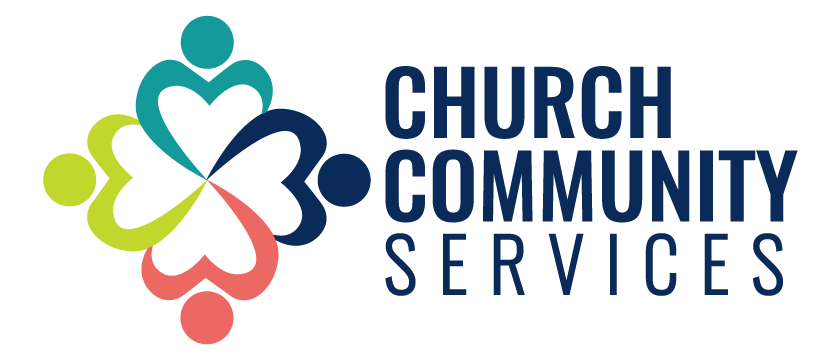COVID-19, Lost Wages and Hurting Families
Maria and her husband were both working full-time and making ends meet when the virus hit and the factory where Maria worked shut down, and her husband, who is self-employed as a mechanic, had no work altogether. For many in our community, living paycheck to paycheck is a reality, and any unexpected bill or financial setback can mean financial ruin. In fact, 37 percent of Indiana households fall below the ALICE (Asset Limited, Income Constrained, Employed) threshold as defined by United Way. So, while the governor put a moratorium on utility bills and evictions until July 1, when that date comes, bills are still due and many families will be facing a crisis.
Helping families through financial emergencies is what our Financial Services program does. Fortunately, Church Community Services has been awarded several grants to help address the increased need for emergency financial help, including funding from SCAN, Inc. (Stop Childhood Abuse and Neglect), the United Way of Elkhart and Lagrange Counties Thrive Grant and the Community Development Block Grant through the City of Elkhart.
When Maria visited us, she said she is back to work, but her husband is still not getting the business he was accustomed to getting before the pandemic. They needed help with rent and utilities, and we were glad to be able to help. We are seeing many families like Maria's, and in the coming weeks and months we expect that number to grow. "COVID-19 has put a spotlight on many of the fault lines in our country, including the weaknesses in our system to care for those in need. The pandemic is a great inconvenience for middle and upper-income families, but for those already living on the edge, something like this can be devastating," says Vonda Horst, Financial Services Director. "We need to help people with financial emergencies now, but, as always, it is systemic change that is really needed so that fewer people are living on the edge to begin with."
